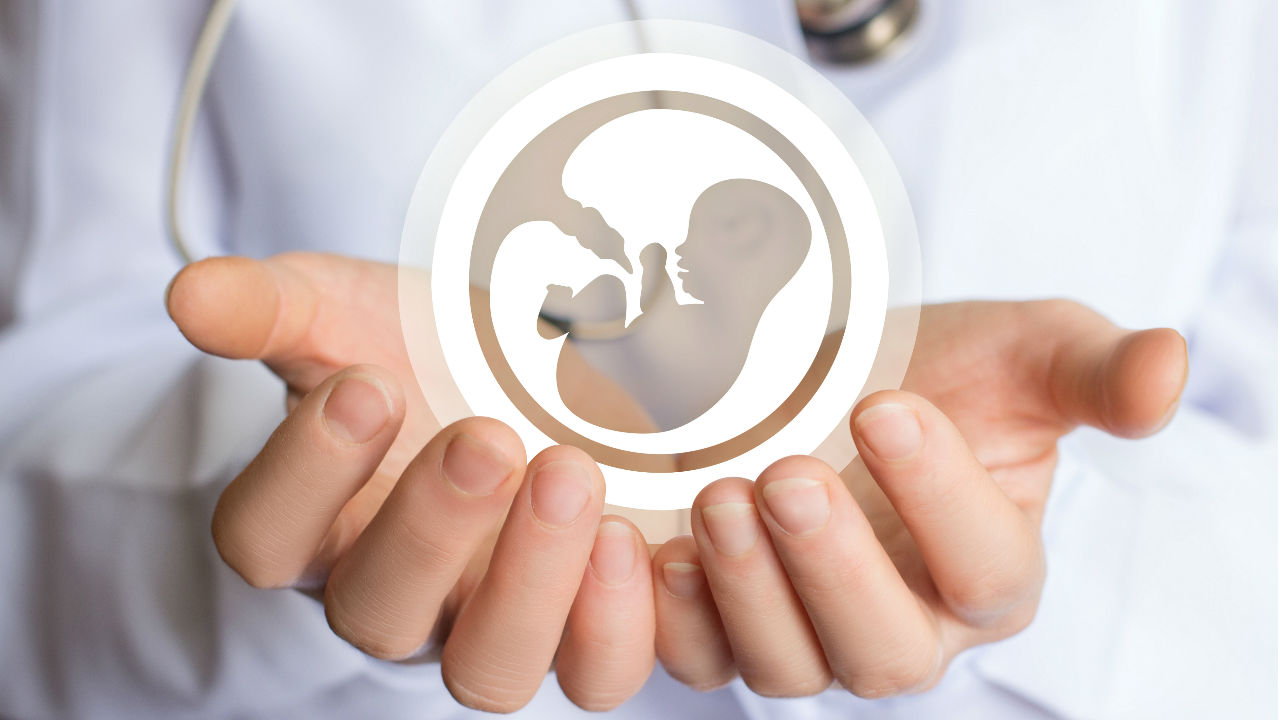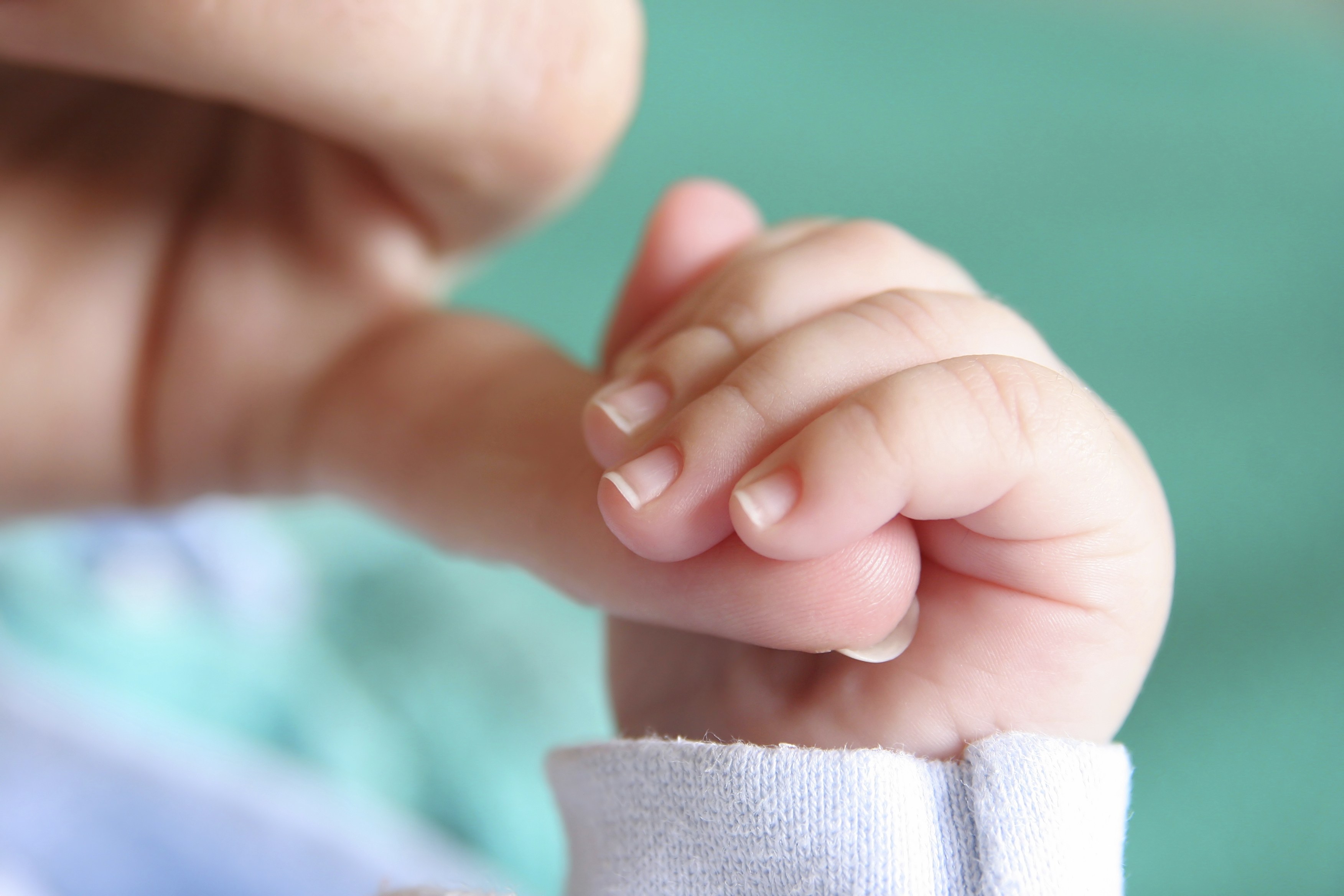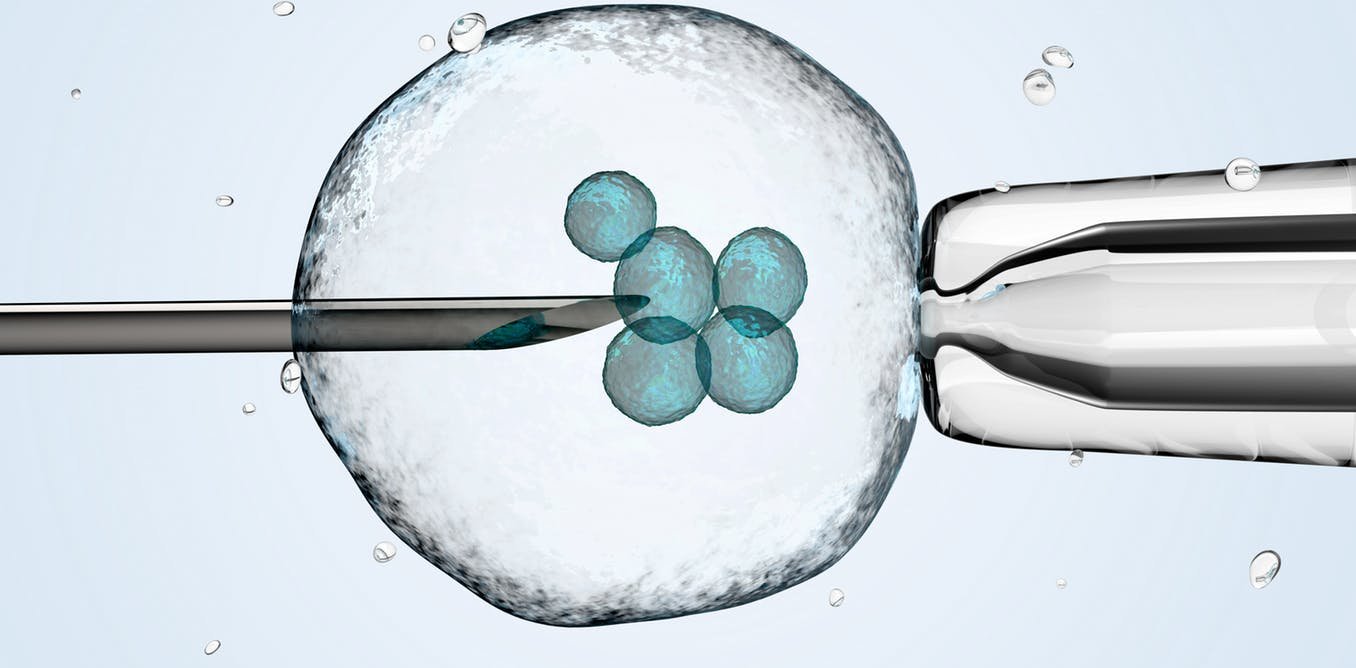


Conceiving a baby can be tougher for some couples therefore it is very important to know when is the right time to consider IVF (In-Vitro Fertilization). In Vitro Fertilization (IVF) is the process of collecting eggs from the wife and sperm from the husband and fertilizing them in the Embryology Laboratory. In order to increase the chances of fertilization, a single sperm is injected into each of the retrieved eggs using a precision needle in a process called Intra-Cytoplasmic Sperm Injection (ICSI).
Blocked fallopian tubes: The fallopian tube is where fertilization of the egg occurs. During a natural pregnancy, the sperm and the egg fertilize into an embryo in the fallopian tube. The blocked Fallopian tube makes it difficult for an egg to fertilize or for an embryo to move to the uterus.

Damaged sperm or low sperm count: Below -average sperm concentration, poor sperm mobility, or abnormalities in sperm size and shape can make it difficult for sperm to fertilize an egg. If semen irregularities are discovered, your partner may need to see a specialist to decide whether there are correctable issues or hidden healthy concerns.
Unexplained Infertility: Unexplained infertility means no cause of infertility is identified post evaluation, usually including semen analysis in the man and assessment of ovulation and fallopian tubes in the woman.
PCOS: Some women with polycystic ovary syndrome will ovulate occasionally and others do not ever ovulate, hence it is very important to seek advices and treatments to improve the chances of pregnancy. With PCOS, the egg may not grow as it should or it may not be discharged during ovulation as it is supposed to be. PCOS can cause missed or unpredictable menstrual periods. In fact, PCOS is one amongst the most widely recognized reasons for female infertility.

Endometriosis: Endometrial tissue typically grows on the lining of the uterus to protect the egg if it becomes fertilized. Endometriosis is the reoccurring growth of endometrial tissue and glands in places other than the lining of the uterus. Endometriosis affects a female’s fertility by changing the shape and interrupting the function of the fallopian tube and by developing growths in the ovaries called endometriomas that affect follicular growth.
Genetic Disease: Hereditary diseases are genetic disorders passed from parents to their children. After the eggs are harvested and fertilized, they are screened for certain genetic problems, although not all genetic problems can be found. Embryos that do not contain identified problems can be transferred to the uterus. Genetic diseases vary in the modes of inheritance. For some conditions, both parents must be carriers in order to pass the genetic disease on to their offspring. For other conditions, if one parent is carrying the genetic disease than the children are at risk of being affected by the disease.
Autosomal Recessive Disorders: Two copies of the abnormal gene must be present in order for the disease or trait to develop. In cases where both parents are non-affected carriers (heterozygous) of the condition, the chance of having a healthy non-carrier baby through natural conception is 25%, the same as the chance of having a homozygous affected child. There is a 50% chance of having a heterozygous unaffected child (non-affected carrier, like the parents).
Autosomal Dominant Disorders: Autosomal Dominant disorders are less common than Autosomal Recessive disorders. In order to inherit an Autosomal Dominant Disorder, only one copy of the abnormal gene must be present. In cases where one of the parents is an affected carrier, through natural conception, 50% of children will be affected and the other 50% will be unaffected non-carriers.

X-Linked Disorders: X-Linked disorders are always initially passed from a carrier mother (normal or mildly affected) to offspring. Male offspring (XY) who have the maternal chromosomal carrying the mutation are severely affected. Comparatively, female offspring (XX) carrying one normal X (father) and the mother’s X-chromosome with mutation are much less affected. 50% of male babies will be affected and 50% of the female babies will be carriers. The daughters of men who are affected with X-linked disease are called “obligate carriers” since one of their two X chromosomes is always coming from their affected father.
Note: Treatment started at the right time gives you the best result!
For more information, call us at 800-FAKIH (32544)